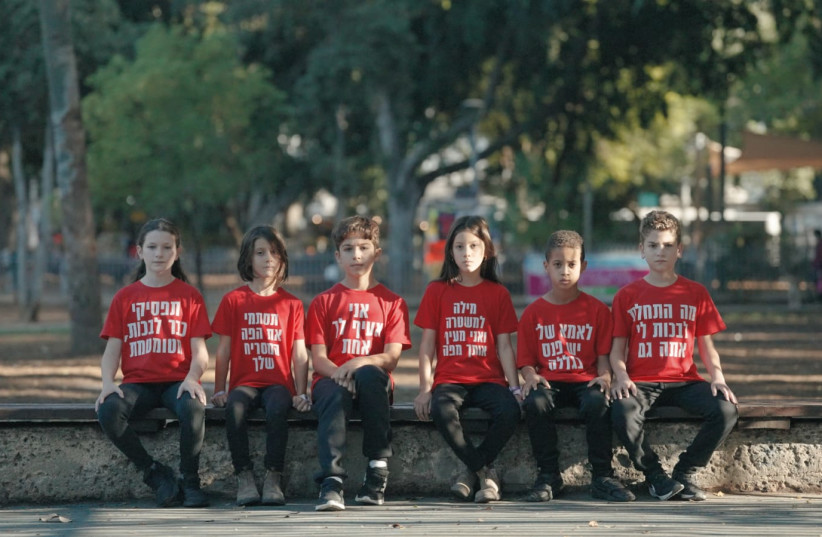A US appeals court on Thursday declared unconstitutional a federal law making it a crime for people under domestic violence restraining orders to own firearms.
The decision by a three-judge panel of the 5th US Circuit Court of Appeals is the latest victory for gun rights advocates since a Supreme Court decision last June granting a broad right for people to carry firearms outside the home.
That decision, New York State Rifle & Pistol Association v. Bruen, announced a new test for assessing firearms laws, saying restrictions must be "consistent with this nation's historical tradition of firearm regulation," and not simply advance an important government interest.
Criminal charges don't disqualify you from getting a gun
In Thursday's decision, Circuit Judge Cory Wilson said banning people under domestic violence restraining orders from owning firearms "embodies salutory policy goals meant to protect vulnerable people in our society."
But the judge, appointed by Donald Trump, said Bruen made such a consideration irrelevant, and that from a historical perspective the ban was "an outlier that our ancestors would never have accepted."

The court threw out the guilty plea and six-year prison sentence for Zackey Rahimi, who admitted to possessing guns found in his Kennedale, Texas, home after prosecutors said he participated in five shootings in Dec. 2020 and Jan. 2021.
Rahimi had been under a restraining order since Feb. 2020, following his alleged assault of a former girlfriend.
The office of US Attorney Leigha Simonton in Dallas, which prosecuted Rahimi, had no immediate comment.
A federal public defender representing Rahimi did not immediately respond to requests for comment.
The 5th Circuit is based in New Orleans, and its decision applies in Texas, Louisiana and Mississippi.
It had upheld the federal law last June 8, just over two weeks before the Bruen decision, but withdrew its opinion and ordered additional briefing.
In a concurrence, Circuit Judge and Trump appointee James Ho said the nation's founders "firmly believed" in the government's role in protecting people from violence and the right of individuals to bear arms, and that these principles "are not inconsistent but entirely compatible with one another."
